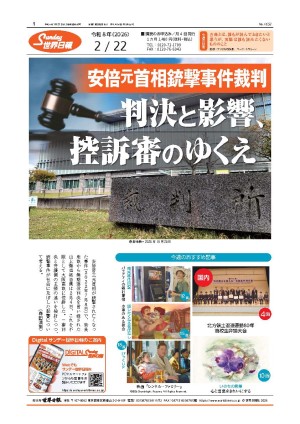世界中で宗教の自由に「長期的な攻撃」-報告 Religious freedom under ‘sustained assault’ around the world, report finds
米政府は2日、宗教の自由への攻撃が、この1年で世界中で大幅に高まったとする報告を公表した。報告は、「イスラム国」(IS)がキリスト教徒など宗教的少数派を攻撃し、欧州でユダヤ人やイスラム教徒への偏見が強まり、中国政府が本格的な教会攻撃を行っていると指摘した。
オバマ大統領が、イランやミャンマーなど主要な宗教迫害国の様子をうかがい、北朝鮮や中国などを非難する一方で、米国際宗教自由委員会(USCIRF)は年次報告を公表し、これらの国々や他の国々でも、追い詰められた宗教団体が「激しい攻撃を長期にわたって受けている」と指摘した。
...【全文を読む】







